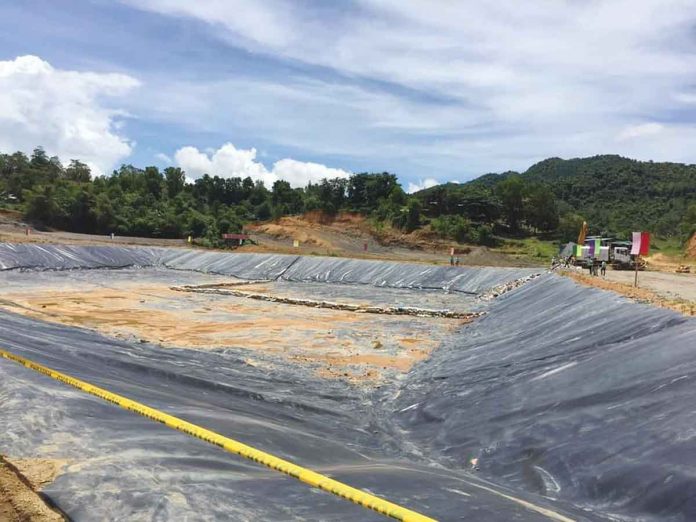
ILOILO – Fairly large budgetary requirements and how people perceive sanitary landfills are the two main reasons why local government units (LGUs) cannot easily construct their own sanitary landfills.
During his father’s term as governor, according to Gov. Arthur Defensor Jr., the Provincial Government Environment and Natural Resources Office (PGENRO) proposed one sanitary landfill for each of Iloilo’s five congressional districts.
But this did not materialize, he said, because the residents of areas where sanitary landfills were proposed to be established protested.
“Pila ka banwa sina ang nag-trabaho nga indi nila mapatuman because of opposition. Ang mga tawo indi sila gusto nga the solid waste from other municipalities will be brought to their municipality,” said Defensor.
The LGUs identified by the PGENRO back then as possible hosts of the proposed district sanitary landfills were the following:
* Miag-ao – 1st District
* San Miguel – 2nd District
* Janiuay – 3rd District
* Passi City – 4th District
* San Rafael – 5th District
At present, only two local government units out of 43 in the province have their own sanitary landfills. These are Lambunao in the 3rd District and Passi City in the 4th District.
According to Defensor, the financial assistance given to LGUs that planned to build their own sanitary landfill was returned to the provincial government due to the unavailability of sites and social unacceptability.
This may be the situation, but the province continues to extend technical assistance through PGENRO to LGUs, such as conducting lectures to make the community more open to the idea.
Defensor explained that sanitary landfills are not mere waste disposal sites; the facility has several component and technicalities making it expensive.
“Sanitary landfill, it’s not just a dumpsite. May technical na sia nga features and we assist our municipalities in the development,” the governor added.
Moreover, the provincial government still pushes for district sanitary landfills to ensure the compliance of local governments with Republic Act (RA) 9003 or the Ecological Solid Waste Management Act of 2000, which prefers sanitary landfills over open dumps for solid waste.
It defines sanitary landfill as “a waste disposal site designed, constructed, operated and maintained in a manner that exerts engineering control over significant potential environmental impacts arising from the development and operation of the facility.”
On the other hand, it defines an “open dump” as “a disposal area wherein the solid wastes are indiscriminately thrown or disposed of without due planning and consideration for environmental and health standards.”
Several LGUs enter into a memorandum of agreement (MOA) with the P408-million Integrated Waste Management Facility or sanitary landfill in Passi City to dispose their waste in the facility — San Joaquin, Tigbauan, Oton, Igbaras, Tubungan, Zarraga, Sta. Barbara, San Miguel, New Lucena, Pavia, Leon, Leganes, Alimodian, Badiangan, Bingawan, Cabatuan, Calinog, Janiuay, Mina, Pototan, Anilao, Banate, Dingle, Dumangas, Barotac Nuevo, Dueñas, San Enrique, San Dionisio, San Rafael, Concepcion, Carles, Barotac Viejo, Balasan, Batad, Sara, Lemery, Ajuy, and Passi City.
These LGUs pay a tipping fee worth P700 per ton to Passi City.
The remaining five municipalities that are not signatories of the MOA are Guimbal, Miag-ao, Maasin, Estancia, and Lambunao.
Lambunao has its own sanitary landfill, while the other four towns are currently in the planning stage of constructing their own landfills./PN



